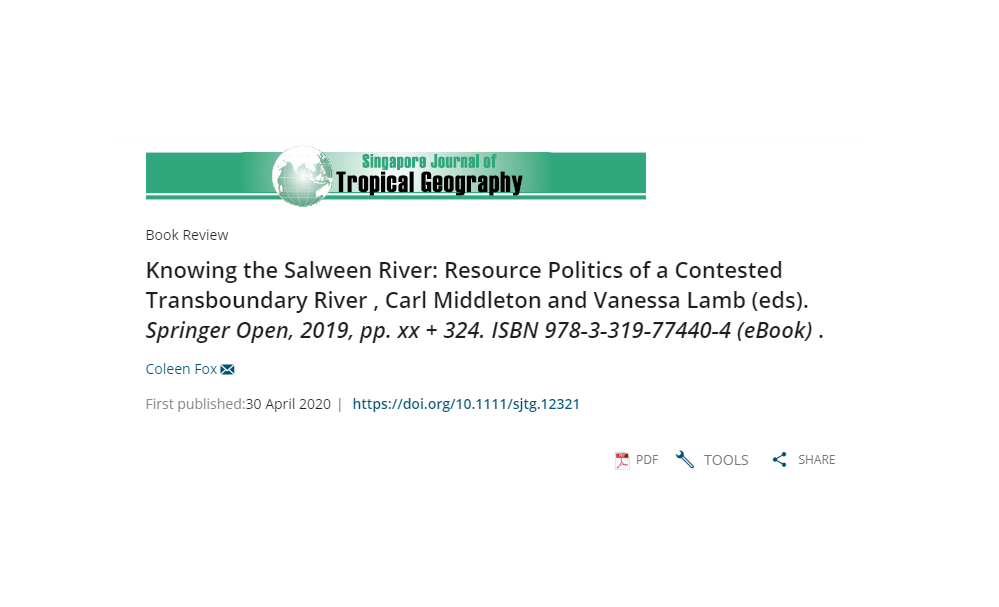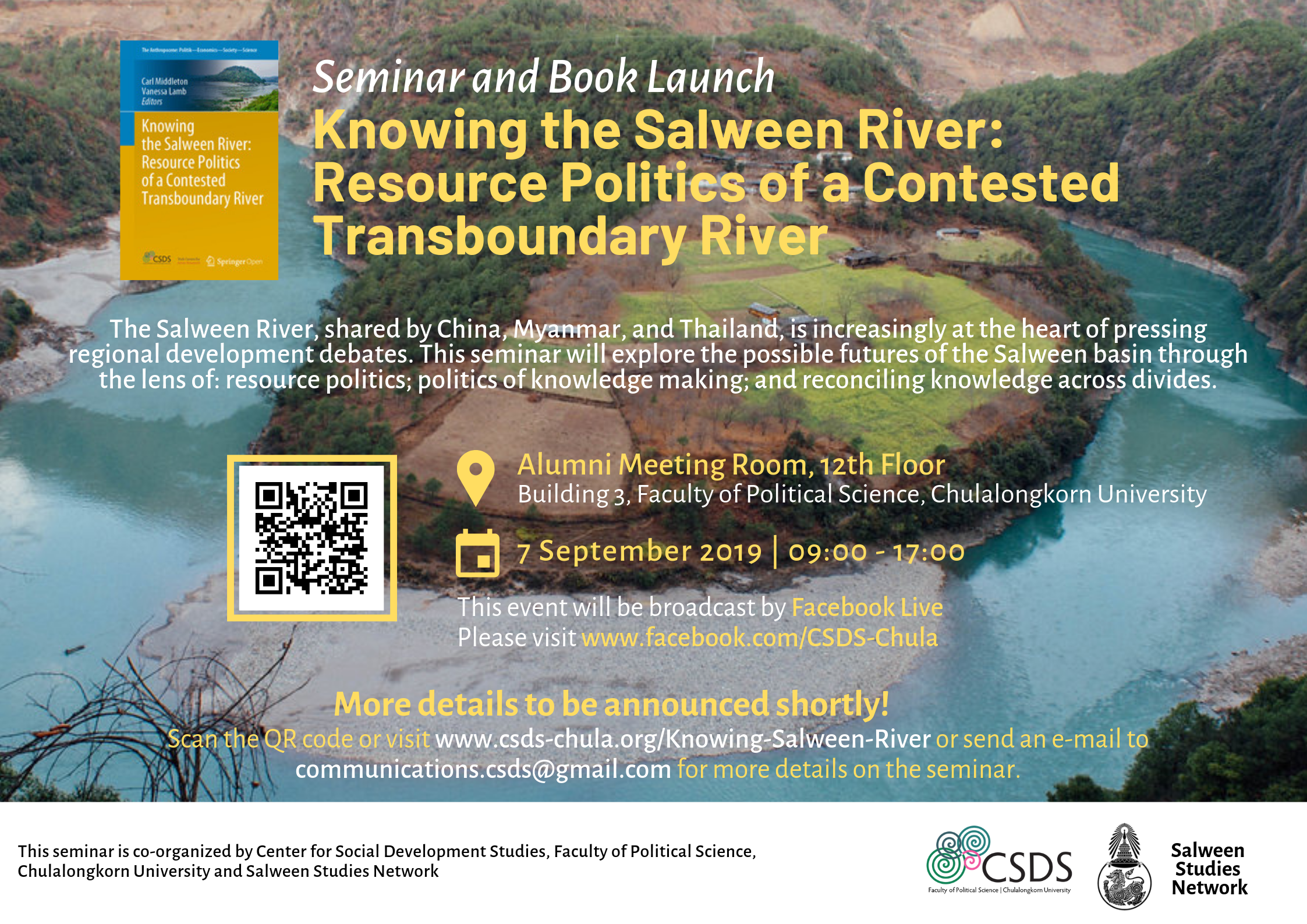This panel is convened by the Center for Social Development Studies, Faculty of Political Science, Chulalongkorn University for the Seventh South-South Forum on Sustainability (SSFS7) hosted by Lingnan University, Hong Kong.
Thursday 16 July 2020, start from 14:00-16:00 GMT+7/Thailand Time
In this session, we will discuss how the ‘triple trap’ - the pandemic, economic downturn, and climate crisis – have affected communities across the Mekong region, and how these challenges have been responded to by them, as well as by civil society and state. We also examine the long-term implications of the triple trap, asking what transformations have already occurred and what could happen in the future.
Speakers:
"The Implications of Covid 19's Disruption of Global Supply Chains for Southeast Asia" by Walden Bello, Focus on the Global South
"Inequality, migration and Covid 19 in Thailand and the Mekong Region" by Naruemon Thabchumpon, Faculty of Political Science, Chulalongkorn University
"The pandemic in Northeast Thailand and implications for communities and (post)development” by Kanokwan Manorom, Faculty of Liberal Arts, Ubon Ratchathani University
"The impact of Covid 19 in rural Myanmar: Community, civil society, and state responses" by Nwet Kay Khine, Paung Ku, Myanmar
Discussant: Pianporn Deetes, International Rivers, Thailand
Moderator: Carl Middleton, Center for Social Development Studies, Faculty of Political Science, Chulalongkorn University
REGISTRATION IS REQUIRED.
This panel will be an online panel discussion hosted via Zoom and is a public session of the SSFS7 conference. Registration is required on the link below:
ZOOM WEBINAR REGISTRATION
On the registration page, please choose 'No Registration Fee Required' and 'Invited Participant' and choose the ’16 July: Workshops on Venezuela, Mexico and Mekong Region‘ to receive the Zoom link for this session.
For more information about this conference, please visit the conference website here.













